Others may try to feed our ego, but it is up to us to constrain it
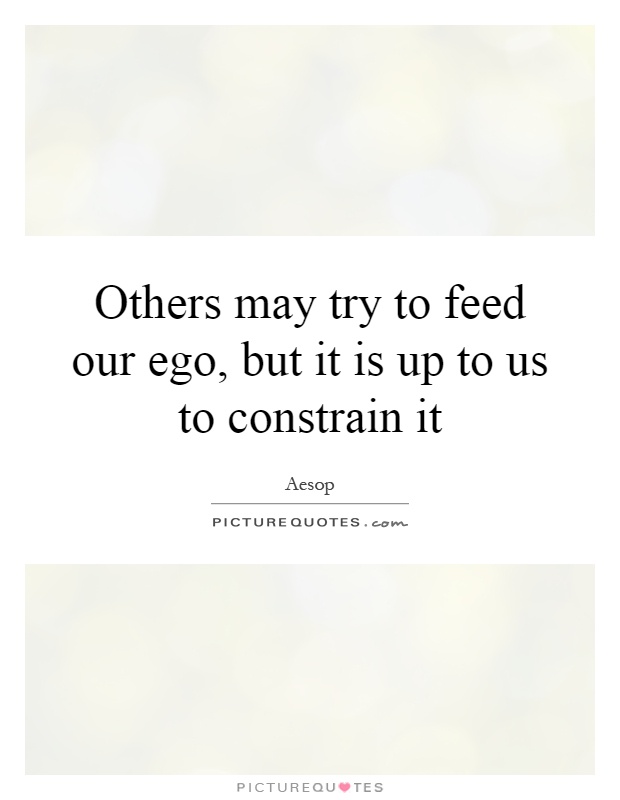
Others may try to feed our ego, but it is up to us to constrain it
In the world of Aesop's fables, the theme of ego and its consequences is a recurring motif. Aesop, a Greek storyteller believed to have lived in the 6th century BC, used animals and other characters to convey moral lessons to his audience. One of the most famous fables that touches on the topic of ego is "The Fox and the Grapes."In this fable, a hungry fox comes across a vine with ripe, juicy grapes hanging just out of reach. The fox tries and tries to reach the grapes, but no matter how hard he jumps, he cannot reach them. Frustrated and hungry, the fox finally gives up and walks away, declaring that the grapes were probably sour anyway.
This fable illustrates the concept of ego and how it can lead to self-deception. The fox's ego is bruised by his inability to reach the grapes, so he convinces himself that he never wanted them in the first place. This is a common defense mechanism that people use to protect their ego when faced with failure or rejection.

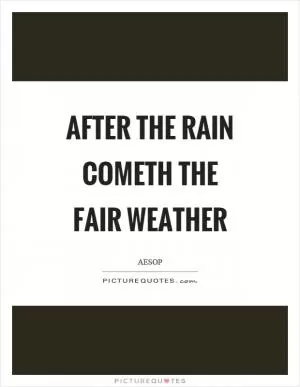


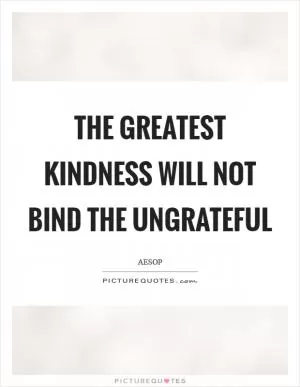


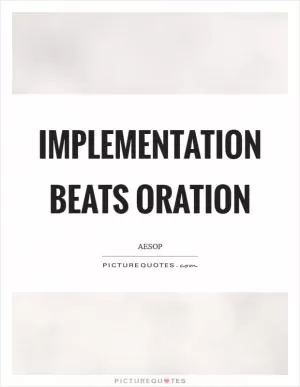
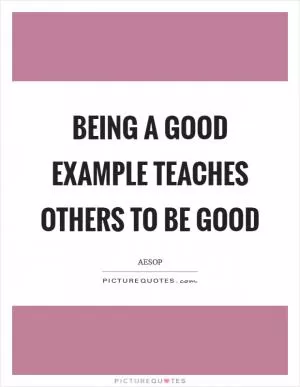

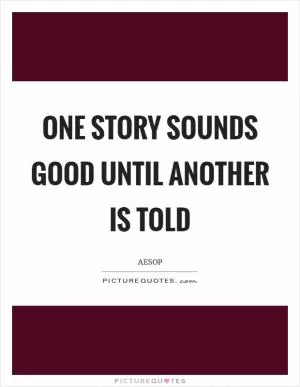

 Friendship Quotes
Friendship Quotes Love Quotes
Love Quotes Life Quotes
Life Quotes Funny Quotes
Funny Quotes Motivational Quotes
Motivational Quotes Inspirational Quotes
Inspirational Quotes